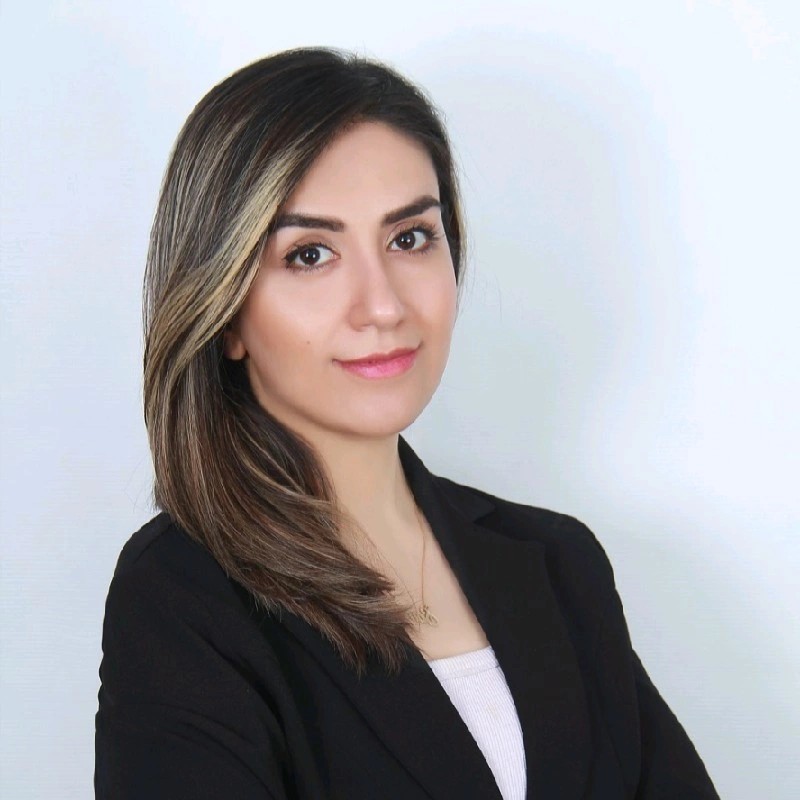Post-Doc Fellows
Soma Rahmani
Dr. Soma Rahmani holds a PhD in Science and Technology Policy Making. Her doctoral research focused on technological catch-up within the context of sustainability transitions in the iron and steel industry, conducted at Mazandaran University, Iran, and Lund University, Sweden.
During 2023 and 2024, she worked as a researcher at the Science, Technology, and Society Unit at Graz University of Technology. She contributed to the project "Accelerating E-Car Adoption: Overcoming Obstacles in Austria with Insights from Norway," supported by the Manfred Heindler Research Scholarship and Land Styria. She also received an initial financial grant from FWF to develop a proposal for further research during her time at TU Graz.
Starting in January 2025, Dr. Rahmani will undertake a six-month research stay at the Department of Environmental Systems Sciences at the University of Graz, hosted by Dr. Alfred Posch. Her research will focus on "Addressing Governance Challenges in Multi-Sectoral Integration to Accelerate Private Passenger Electric Vehicle Adoption: Insights from Styria".
